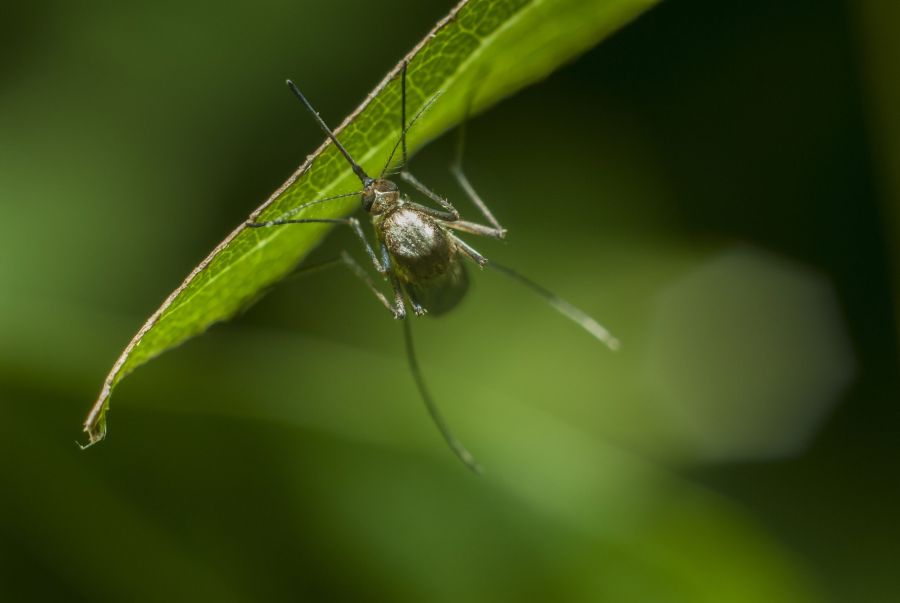Competition between two Usutu virus isolates in cell culture and in the common house mosquito Culex pipiens

This publication is part of the project ‘Preparing for vector-borne virus outbreaks in a changing world: a One Health Approach’ (NWA.1160.1S.210) which is (partly) financed by the Dutch Research Council (NWO).

Authors: Joyce W. M. van Bree, Charlotte Linthout, Teije van Dijk, Sandra R. Abbo, Jelke J. Fros, Constantianus J. M. Koenraadt, Gorben P. Pijlman and Haidong Wang
Abstract
Usutu virus (USUV) is a mosquito-borne flavivirus of African origin. Over the past decades, USUV has spread through Europe causing mass die-offs among multiple bird species. The natural transmission cycle of USUV involves Culex spp. mosquitoes as vectors and birds as amplifying hosts. Next to birds and mosquitoes, USUV has also been isolated from multiple mammalian species, including humans, which are considered dead-end hosts. USUV isolates are phylogenetically classified into an African and European branch, subdivided into eight genetic lineages (Africa 1, 2, and 3 and Europe 1, 2, 3, 4, and 5 lineages). Currently, multiple African and European lineages are co-circulating in Europe. Despite increased knowledge of the epidemiology and pathogenicity of the different lineages, the effects of co-infection and transmission efficacy of the co-circulating USUV strains remain unclear. In this study, we report a comparative study between two USUV isolates as follows: a Dutch isolate (USUV-NL, Africa lineage 3) and an Italian isolate (USUV-IT, Europe lineage 2). Upon co-infection, USUV-NL was consistently outcompeted by USUV-IT in mosquito, mammalian, and avian cell lines. In mosquito cells, the fitness advantage of USUV-IT was most prominently observed in comparison to the mammalian or avian cell lines. When Culex pipiens mosquitoes were orally infected with the different isolates, no overall differences in vector competence for USUV-IT and USUV-NL were observed. However, during the in vivo co-infection assay, it was observed that USUV-NL infectivity and transmission were negatively affected by USUV-IT but not vice versa.
Source: Frontiers
Date: 24 May 2023